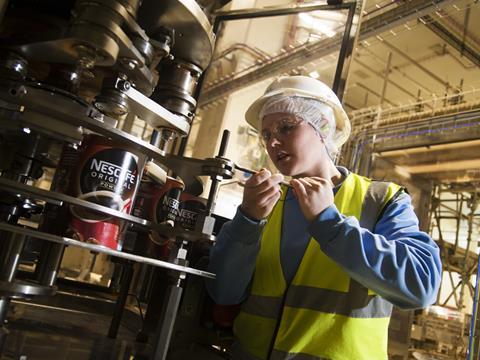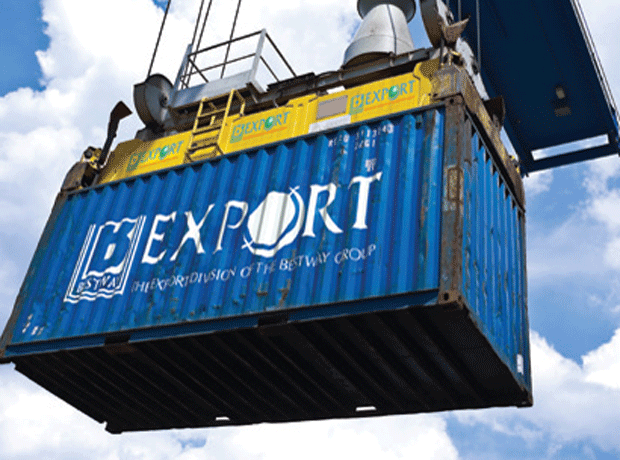
Tens of thousands of jobs risk going unfilled unless the government allows non-EU workers to continue to enter the food and drink sector after Brexit, a major new report.
The study by Grant Thornton, commissioned by the FDF, found a ‘looming skills gap’ in the industry that firms were doubtful could be solved by measures such as the Apprenticeship Levy.
Only around a third of firms believed apprenticeships would recruit the estimated 140,000 new employees needed, with most of these positions requiring skills from training and experience.
The report also revealed an alarming lack of planning among food and drink companies for the impact of Brexit, with less than one in five companies having made any workforce projections largely due to the lack of clarity emerging from negotiations so far with Brussels.
Despite huge concern among some companies, almost a third of businesses said they did not believe Brexit would affect them.
However, despite these mixed messages, the survey found there was a strong reliance on EU workers and not just in low skilled jobs.
‘With just 34.7% of respondents to the survey saying they felt apprenticeships would fill the gap left behind by EU workers, we need further support from government to increase the apprentice workforce in food and drink,’ said the report.
‘Similarly, any new immigration policy must prioritise food and drink as the UK’s largest manufacturing industry and allow new workers from the EU to enter our sector.’
The report includes a call for the government to increase its support for skills and training in the UK.
One of the areas identified is a dire lack of communication between the education sector and the food and drink industry, which 50% of respondents said was either poor or very poor,
As well as more help to boost skills, the report also calls for government intervention to back innovation, which it says needs to go beyond R&D tax credits currently used by more than half of companies who responded to the survey.
Another major theme is for ministers to help a further boom in UK exports, which reached £20bn for the first time in 2016, including renewed calls for a Bord Bia-style body to ‘turbocharge’ sales of UK food and drink globally and fulfil the industry’s export potential.
FDF president and Premier Foods CEO Gavin Darby said in his foreword: “The report makes a compelling case for government to invest in the food and drink industry, identifying clear actions and areas of support. Our sector has long been a manufacturing success story but it is clear there is still much untapped growth potential.
“In partnership with government, the food and drink industry will seize upon these opportunities, maximising growth and boosting productivity. We believe the food and drink industry can be an engine for economic growth in the UK, while continuing to provide safe, innovative and nutritious food and drink to the nation.”



















No comments yet